Jada Solis, now 16, was at home with a friend about 2 years ago when they got really bad news.
Her friend’s brother had died of an opioid overdose.
Today, Solis, who is a junior at Encinal Junior and Senior High School in Alameda, California, has her own Narcan kit, a nasal spray medication that can reverse the effects of opioid overdose, and she knows how to use it.
The kit, and a presentation on the real-life dangers of opioid abuse, came courtesy of the FACES Public Health Youth Corps, a 9-month high school program that recruits and trains teens in CPR, the dangers of opioid abuse, overdose intervention, mental health first aid, and tourniquet application. It also offers career counseling, health internships, and education on the social determinants of health.
Students attend seminars during the school day and many receive class credit.
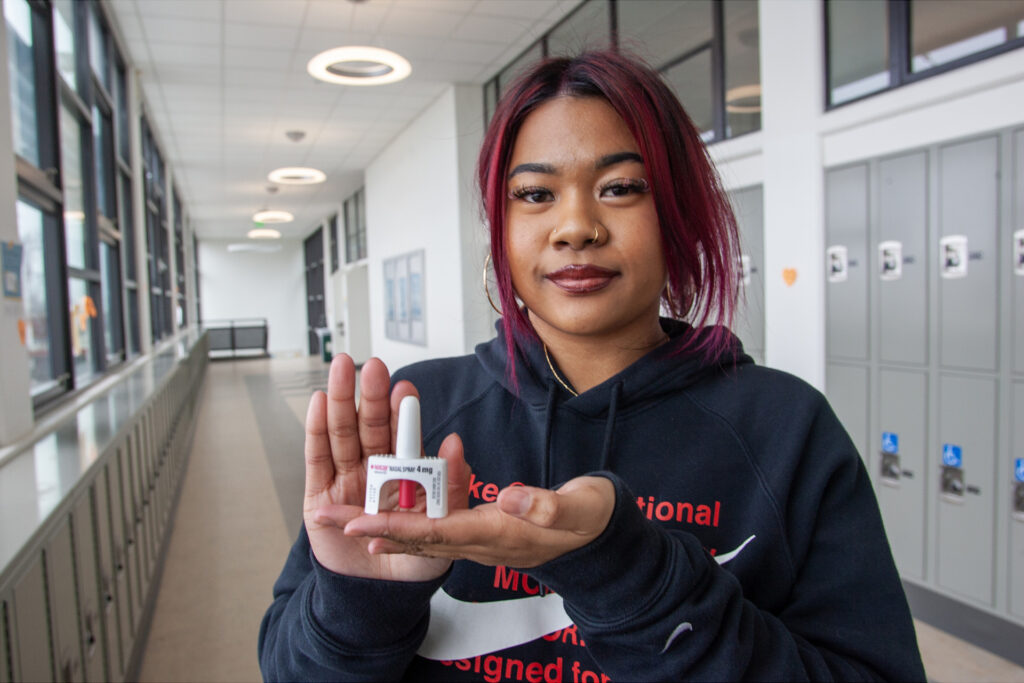
“Now I know to tell an adult if I know anyone who is abusing opioids, and I have the Narcan kit that I can use if I need to,” said Solis, who is considering a career in nursing or mental health therapy.
The FACES Public Health Youth Corps, a program of The Public Health Institute, recently received a $150,000 grant from a Kaiser Permanente fund at the East Bay Community Foundation. The grant is part of a larger effort to promote equitable career pathways to health care and other sectors. Thirteen organizations in Northern California received a combined $1.3 million for the effort.
As a nonprofit health care organization, providing grants to community-based organizations is just one way Kaiser Permanente works to improve the health of the communities it serves.
“These grants are exposing youth to post-high school careers and higher education pathways,” said Yvette Radford, Kaiser Permanente Northern California vice president of External and Community Affairs. “And in the case of the Public Health Youth Corps, their work to train teens could save a life, either through CPR or some of the critical skills learned in mental health first aid.”
Dayan Zakrewski, a program coordinator with the FACES Public Health Youth Corps, said the training she is facilitating at Encinal High resonates with teens slammed by an opioid crisis that was exacerbated by the mental health challenges of the COVID-19 pandemic.
Motivated Teens
“With the overdoses that are happening, the students are very interested in the material because they have a lot of friends and family members who come in contact with drug abusers,” said Zakrewski. “You can’t tell by looking at them, but by the way they react to presentations, a lot have seen or been through trauma, that’s for sure.”
Program Manager Jasmine Nakagawa-Wong said the real-world training hits home.
“There’s empowerment to say, ‘If my Uncle Joe collapses at the family barbecue, I can help save him,’ and that kind of knowledge helps them sleep better at night,” said Nakagawa-Wong.
FACES Deputy Director Brooke Briggance said the program will begin exploring more post-pandemic internships in hospitals and health environments as institutions begin inviting them back. The program currently serves teens in California, Colorado, New Mexico, and Michigan.
In Northern California it serves 155 teens in Sacramento, Alameda County, Fresno, and San Francisco.
“Our intent is to get people interested in careers, but we also have kids who, through our training, learn skills to handle emergency and crisis situations in their communities,” Briggance said.
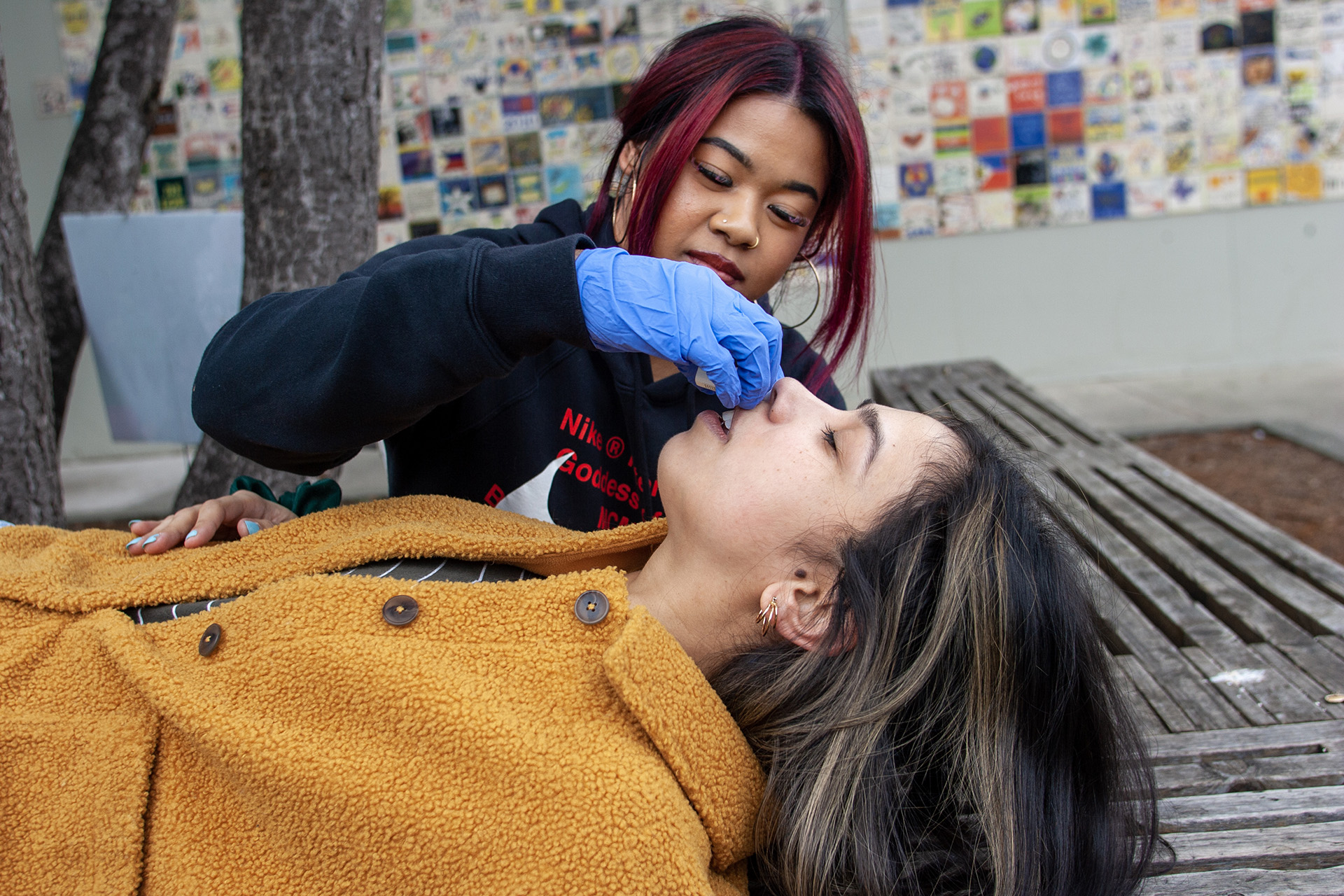

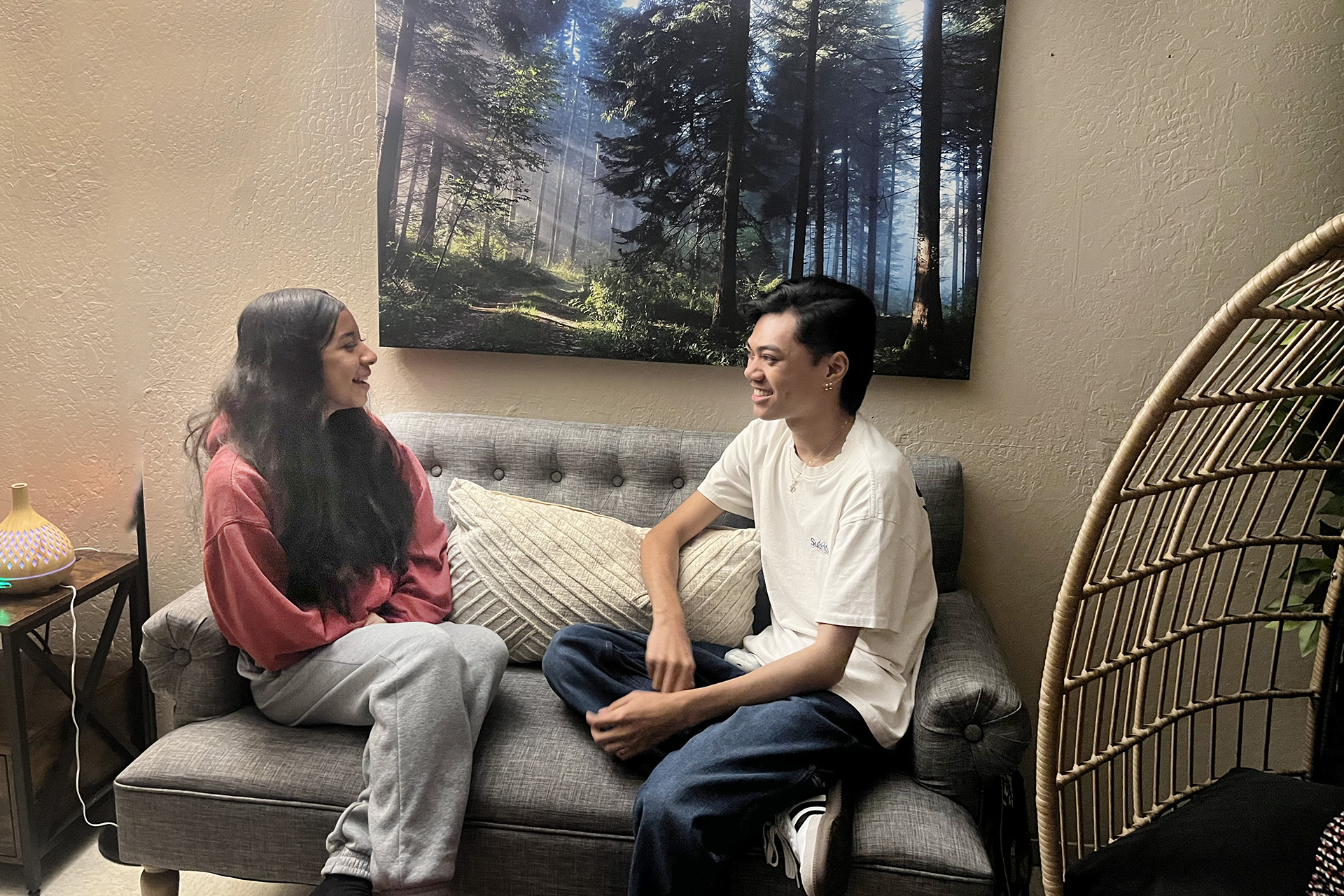
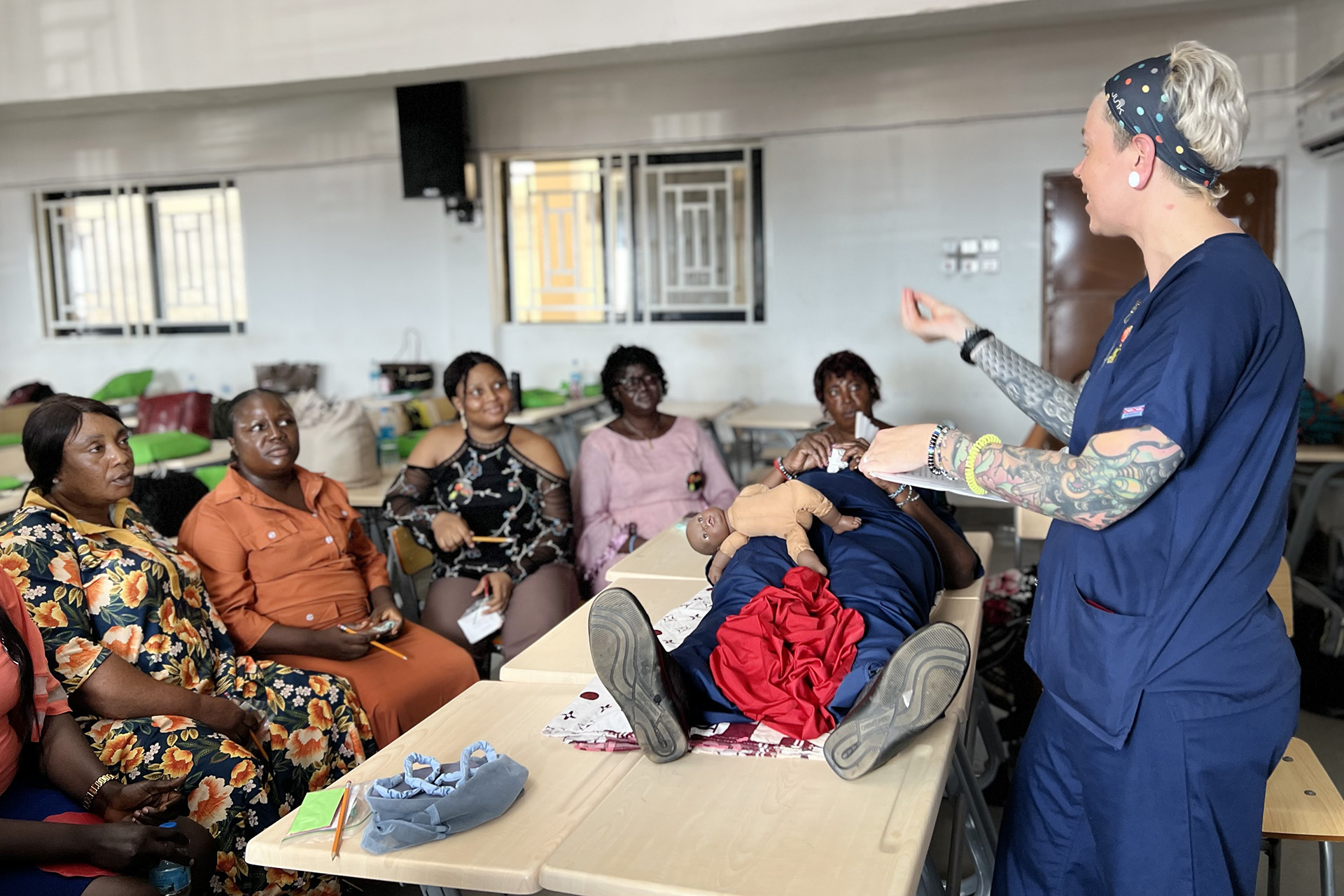
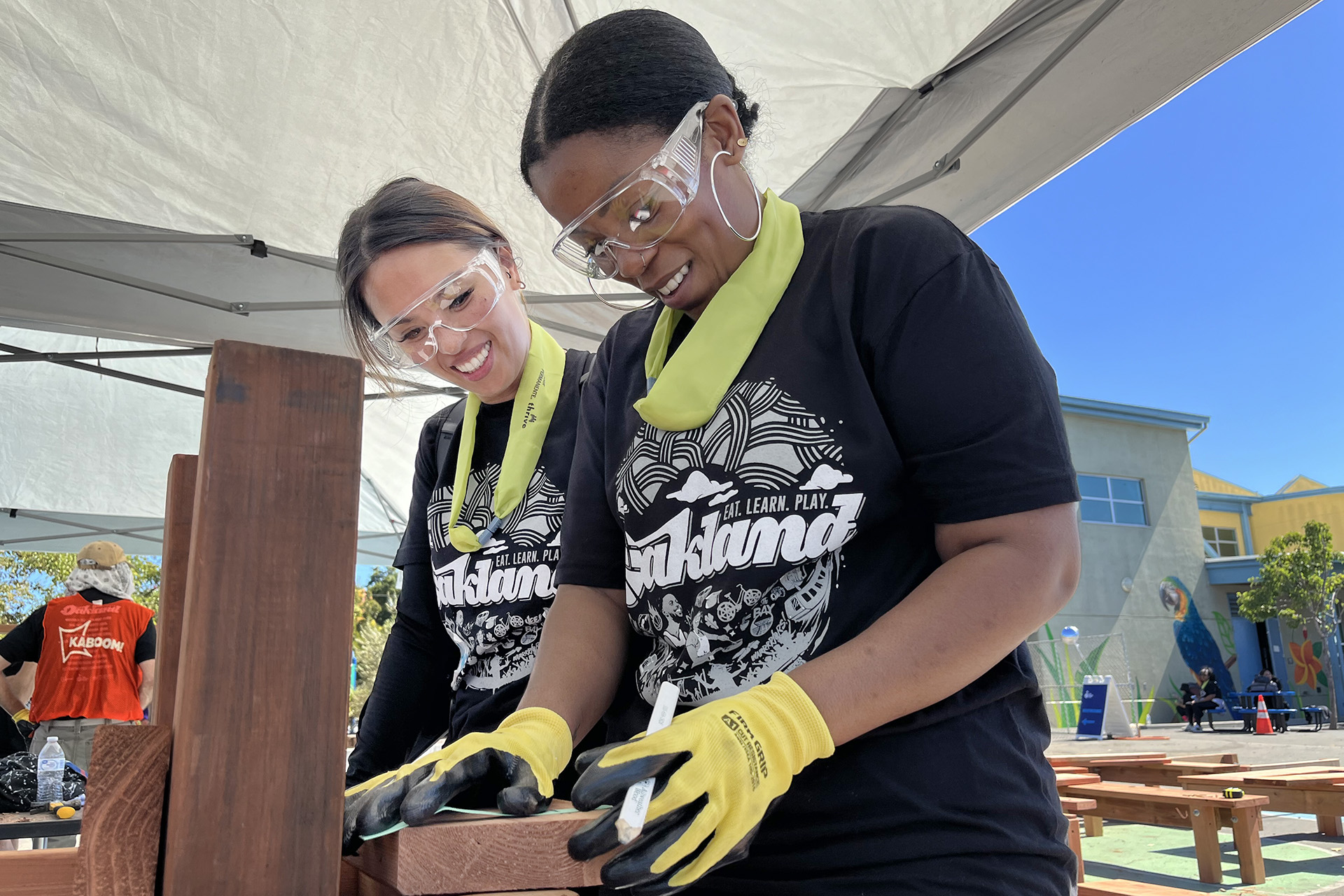
Comments (0)